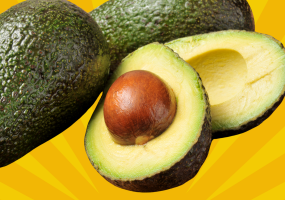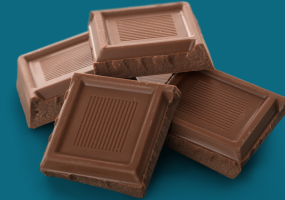Apparently hearing yourself chew your food and other external sound factors can affect how much you eat if a study series from Brigham Young University and Colorado State University is to be believed.
According to Science 20, the studies, three in total, looked at what the researchers dubbed "The Crunch Effect", the idea that being more conscious of the sound foods makes when you chew makes someone less likely to eat overall. Participants were given headphones that played "loud" or "quiet" noise and provided with pretzels, pita chips, or cookies depending on the study.
Unfortunately, most of the information are behind a paywall, so the only results available are those in the press release and abstract. In the pretzel study, it was found that people in the "loud" group ate four pretzels on average as compared to the "quiet" group, which ate 2.75. It was also noted that a decline in consumption happened even when the sounds of chewing were played back to the participants, meaning the effect could be achieved even if they weren't the ones doing the chewing.
According to Science Daily, the researchers theorized that the findings could be used to understand possible approaches in food marketing and the general influence sensory information has on eating habits.
"For the most part, consumers and researchers have overlooked food sound as an important sensory cue in the eating experience," said study co-author Gina Mohr, an assistant professor of marketing at CSU.
"Sound is typically labeled as the forgotten food sense," adds Ryan Elder, assistant professor of marketing at BYU's Marriott School of Management. "But if people are more focused on the sound the food makes, it could reduce consumption."
"When you mask the sound of consumption, like when you watch TV while eating, you take away one of those senses and it may cause you to eat more than you would normally," Elder said. "The effects many not seem huge--one less pretzel--but over the course of a week, month, or year, it could really add up."
So be more mindful of not just the taste and physical appearance of food, but also of the sound it makes.
The study was published in the journal Food Quality and Preference.









